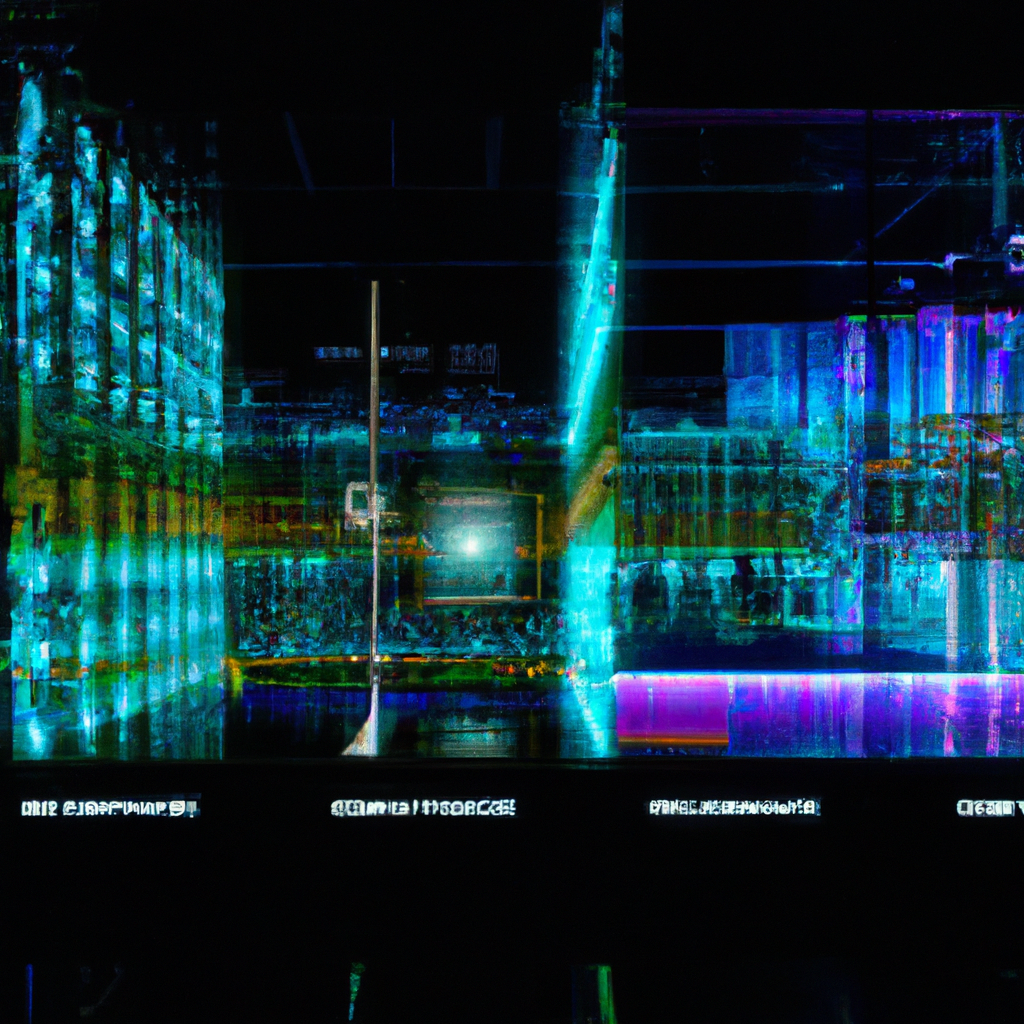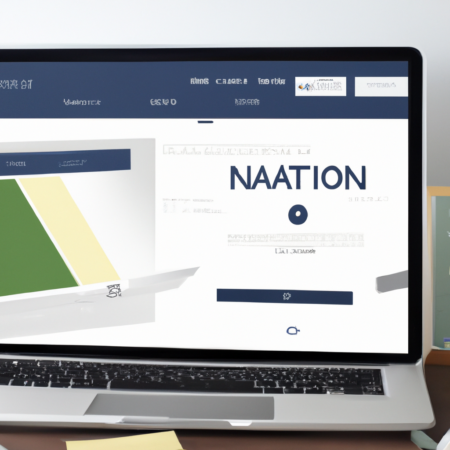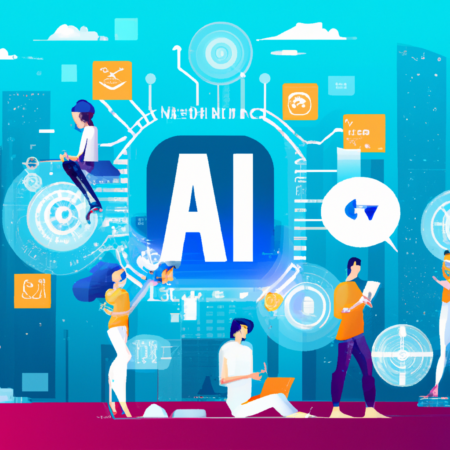Exploring the Quantum Leap: The Future of Quantum Computing in 2025
As we step into the second quarter of 2025, quantum computing is no longer a speculative science but a burgeoning reality with significant implications across industries. This transformation is driven by rapid advancements in technology and increasing investment from both the public and private sectors.
Quantum computing operates on the principles of quantum mechanics, where quantum bits or qubits can exist in multiple states simultaneously, offering unprecedented processing power. This capability makes quantum computers uniquely qualified to handle complex calculations that are impractical for classical computers.
In sectors like cybersecurity, quantum computing introduces next-generation encryption technologies, such as quantum key distribution, which could potentially render current encryption methods obsolete. Similarly, in pharmaceuticals, the ability to model complex molecules at quantum levels is accelerating drug discovery, reducing both time and costs associated with traditional methods.
However, the integration of quantum computing also presents challenges, including significant energy demands and the need for new programming languages and frameworks. Addressing these challenges is crucial for the sustainable growth of quantum technologies.
Looking forward, the evolution of quantum computing promises to revolutionize data analysis and decision-making processes in fields ranging from climate science to financial modeling, driving innovation and efficiency. As this technology continues to evolve, staying informed and prepared is essential for leveraging its full potential.
To stay ahead in this quantum race, businesses and governments must invest in research, development, and education to build a skilled workforce capable of pushing the boundaries of what quantum computing can achieve.






